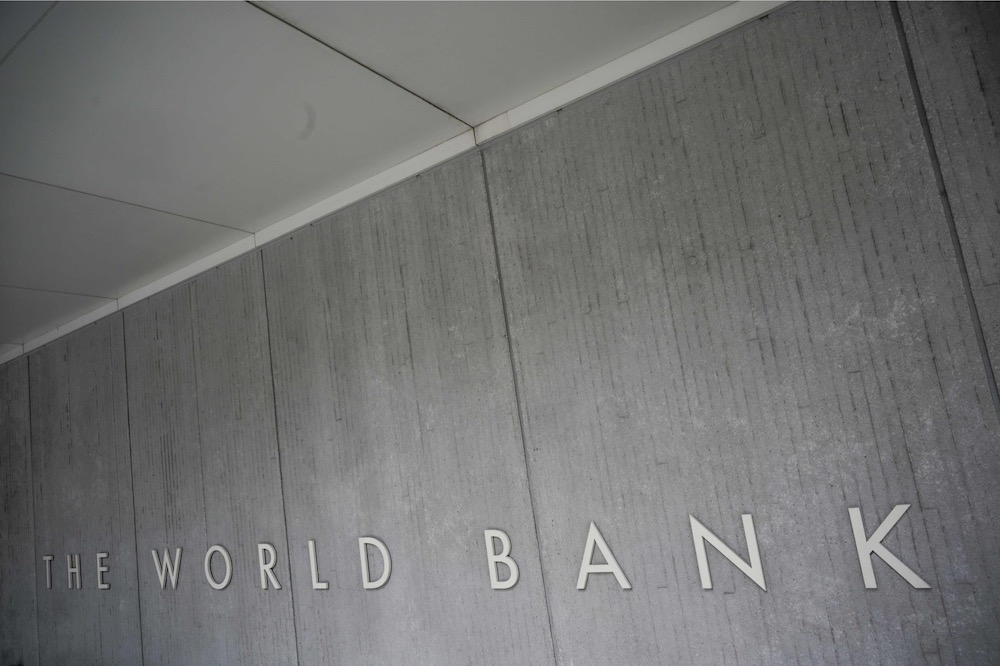KUALA LUMPUR, March 9 — Islamic finance is well position to be an effective instrument to support global efforts to realise the United Nations’ Sustainable Development Goals (SDG) initiatives targeted to be achieved by 2030, The World Bank country manager Dr Firas Raad said.
That is because it has a direct link to the physical assets and the use of profit and loss sharing arrangement, which encourages the provision of financial support to productive enterprises that could increase output and generally, jobs.
“Its emphasis on tangible transactions, which ensure that the industry only support activities that serve a real purpose, increase chances of higher output at the country level.
“It also emphasises on risk sharing (method) as linkages to the real eocnomy activities, focuses on partnership… and its widening geographical reach and a rapid asset growth in the global economy, which resulted it as a reliable source of financing for funding the (recovery) challenges of Covid-19 and climate change,” he said.
Raad was one of the speakers at the 16th Kuala Lumpur Islamic Finance Forum (KLIFF) held virtually, today.
Speaking at Session One titled ‘Global Islamic Finance – The Road Ahead’, he said Islamic financial instruments can be used to mobilise resources for financing the recovery and rebooting of economies.
For example, he said, sukuk can be mobilised as a resource to finance infrastructure development projects such as water and sanitation, sustainable transportation systems, or to promote investment in the climate change solutions and funding health programmes in developing countries.
Citing the outlook of Islamic finance published by private organisations, Raad said the industry is expected to exhibit a low single-digit growth this year compared to 11.4 per cent growth in 2019.
The significant slowdown was attributed to the global economic recession brought about by the Covid-19 pandemic, he said.
As for Malaysia, he highlighted that the country has raised RM666 million through its Sukuk Prihatin, a government initiative under the National Economic Recovery Plan (Penjana), surpassing the initial targeted issuance size of RM500 million.
It offered an interest rate of of 2.0 per cent per annum, which is tax-exempted and would be paid on a quarterly basis, he said, citing sukukholders have the option to donate the principal amount either in part of in full upon its maturity on September 21.
Overall, Raad said, the Islamic finance industry has made impressive progress.
Despite its rapid growth, representing around one to two per cent of the global financial system, there is a call for further growth of this market.
“The development of this industry is also a bit uneven, largely concentrated in the banking sector.
“As the Islamic capital market development is relatively recent, mainly limited to the sukuk market and Islamic insurance, the takaful, is still in its infancy, there is a lot of room to grow,” he added. — Bernama






















